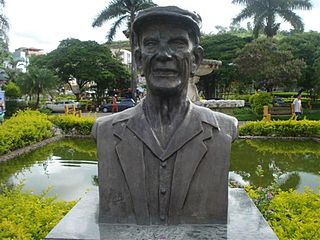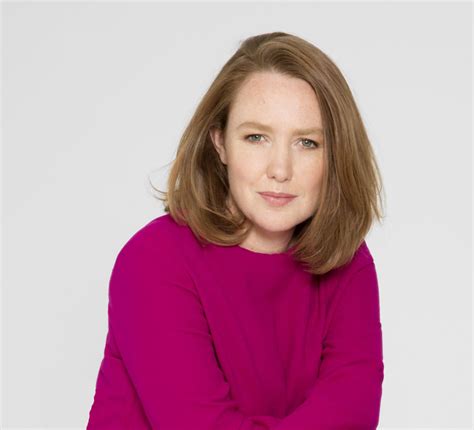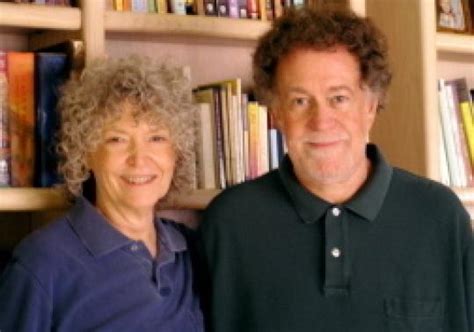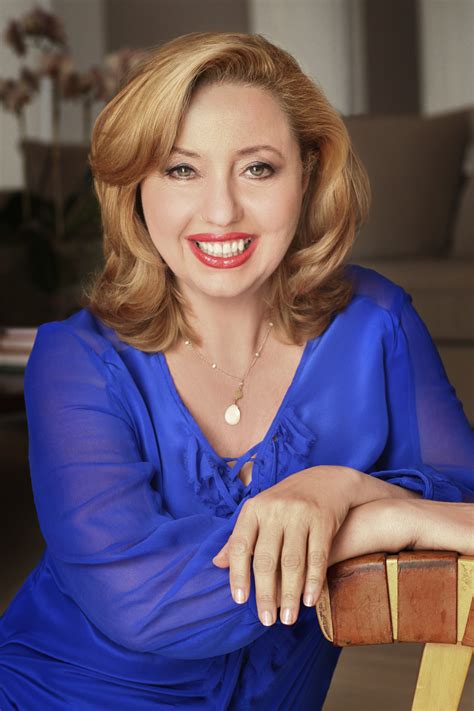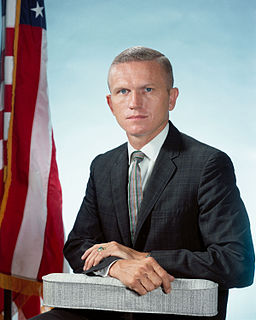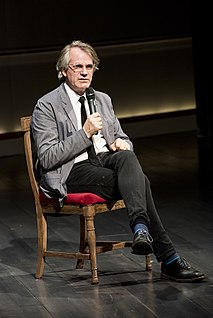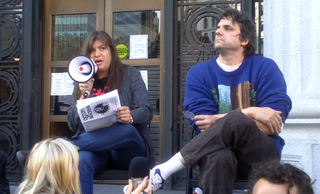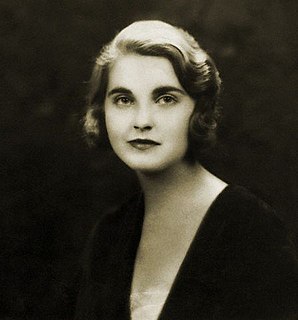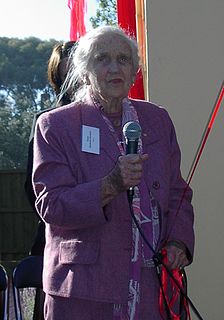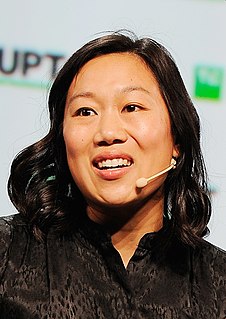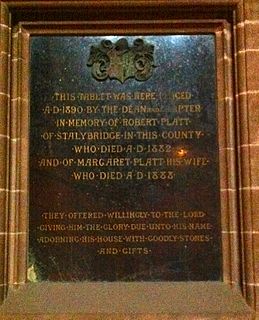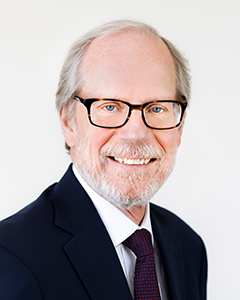A Quote by Chico Xavier
When each one of us become an active and living book of lessons for those who see our examples, the boundaries of religious interpretation will give way to the new era of brotherhood and peace we're waiting for.
Related Quotes
Until we stop ourselves or, more often, have been stopped, we hope to put certain of life's events "behind us" and get on with our living. After we stop we see that certain of life's issues will be with us for as long as we live. We will pass through them again and again, each time with a new story, each time with a greater understanding, until they become indistinguishable from our blessings and our wisdom. It's the way life teaches us to live.
It is possible to be honest every day. It is possible to live so that others can trust us-can trust our words, our motives, and our actions. Our examples are vital to those who sit at our feet as well as those who watch from a distance. Our own constant self-improvement will become as a polar star to those within our individual spheres of influence. They will remember longer what they saw in us than what they heard from us. Our attitude, our point of view, can make a tremendous difference.
In many ways we've become the Babylon of the modern era. We learned our lessons at the feet of Nebuchadnezzar himself. It's little wonder that we've lived to see Bible reading and the display of the Ten Commandments removed from public view and creation science excluded from classroom instruction. None of this is new. It has its roots in Babylon, and thus reveals that the book of Daniel is one of the most relevant books of the Bible in our world today.
If we suppose a sufficient righteousness and intelligence in men to produce presently, from the tremendous lessons of history, an effective will for a world peace - that is to say, an effective will for a world law under a world government - for in no other fashion is a secure world peace conceivable - in what manner may we expect things to move towards this end? . . . It is an educational task, and its very essence is to bring to the minds of all men everywhere, as a necessary basis for world cooperation, a new telling and interpretation, a common interpretation, of history.
Here, then, is the point at which I see the new mission of the librarian rise up incomparably higher than all those preceding. Up until the present, the librarian has been principally occupied with the book as a thing, as a material object. From now on he must give his attention to the book as a living function. He must become a policeman, master of the raging book.
For communication to have meaning it must have a life. It must transcend "you and me" and become "us." If I truly communicate, I see in you a life that is not me and partake of it. And you see and partake of me. In a small way we then grow out of our old selves and become something new. To have this kind of sharing I cannot enter into a conversation clutching myself. I must enter into it with loose boundaries. I must give myself to the relationship, and be willing to be what grows out of it.
Be generous with your heart! The more we spontaneously give, the more connected and enriched we will feel. What if we use each other as our living temples, and put our best offering foot forward to see what direction life points us? I believe that if we live in a state of offering - even if we think we have nothing to offer - life blesses us and we feel more at peace with who we are and what we have.
There are two kinds of comprehensive doctrines, religious and secular. Those of religious faith will say I give a veiled argument for secularism, and the latter will say I give a veiled argument for religion. I deny both. Each side presumes the basic ideas of constitutional democracy, so my suggestion is that we can make our political arguments in terms of public reason. Then we stand on common ground. That's how we can understand each other and cooperate.
Give us, O God, the vision which can see Your love in the world in spite of human failure. Give us the faith to trust Your goodness in spite of our ignorance and weakness. Give us the knowledge that we may continue to pray with understanding hearts. And show us what each one of us can do to set forward the coming of the day of universal peace.
As citizen-activists the world over merge, they can become an irresistible force to create peace and protect the planet. From here will come a new movement to abolish nuclear weapons and all weapons of mass destruction. From here will come the demand for sustainable communities, for new systems of energy, transportation and commerce. From here comes the future rushing in on us. How does one acquire the capacity for active citizenship? The opportunities exist every day...Active citizenship begins with an envisioning of the desired outcome and a conscious application of spiritual principles.
Peace starts within each one of us. When we have inner peace, we can be at peace with those around us. When our community is in a state of peace, it can share peace with neighboring communities, and so on. When we feel love and kindness towards others, it not only makes others feel loved and cared for, but it helps us also to develop inner happiness and peace.
We have thought of peace as passive and war as the active way of living. The opposite is true. War is not the most strenuous life. It is a kind of rest cure compared to the task of reconciling our differences ... From War to Peace is not from the strenuous to the easy existence; it is from the futile to the effective, from the stagnant to the active, from the destructive to the creative way of life ... The world will be regenerated by the people who rise above these passive ways and heroically seek, by whatever hardship, by whatever toil, the methods by which people can agree.
Our colonizers have taught us to believe that our health has improved because of Western medicine, Western foods, and Western technology. In a society that values progress, our colonizers taught us that conditions in the world are perpetually improving, that with each new technological advancement, each new discovery, each new way to utilize resources, each new way to alter the environment, that the world is getting better, that it is advancing. These are all lies.
